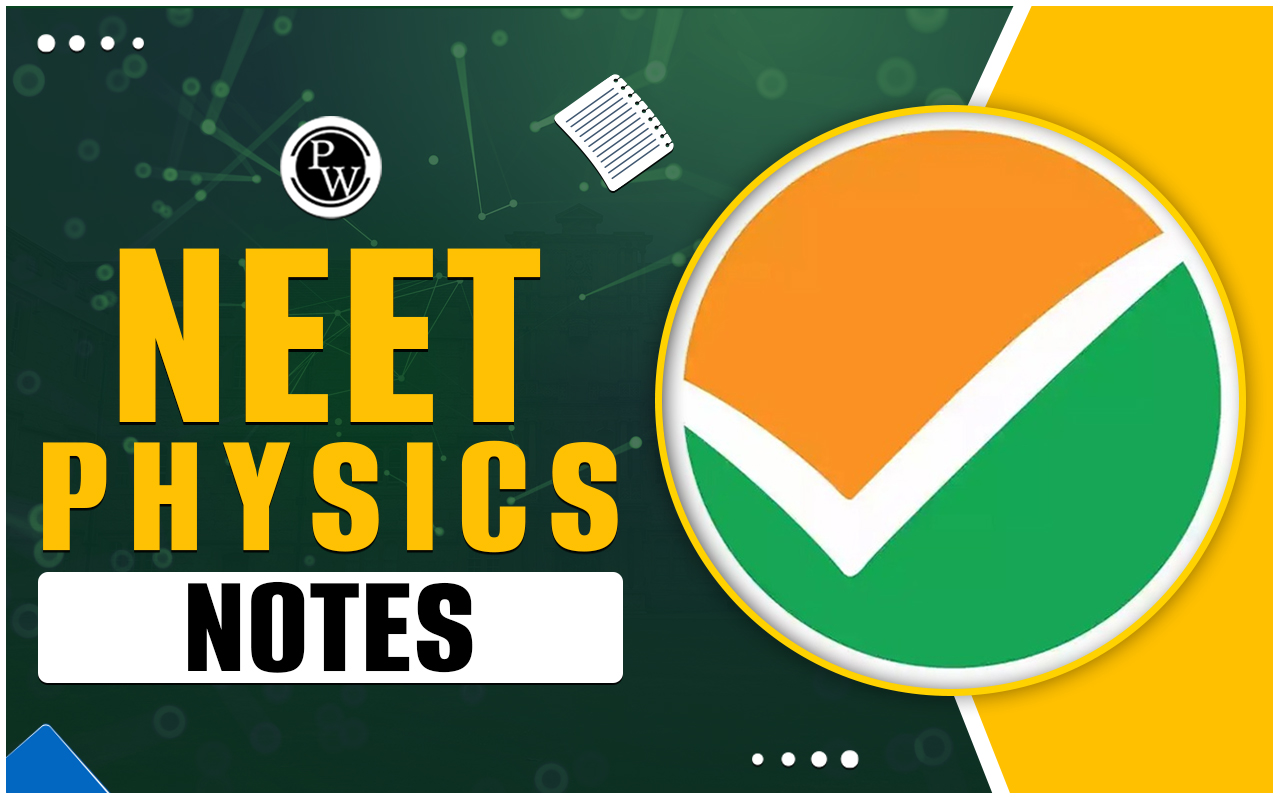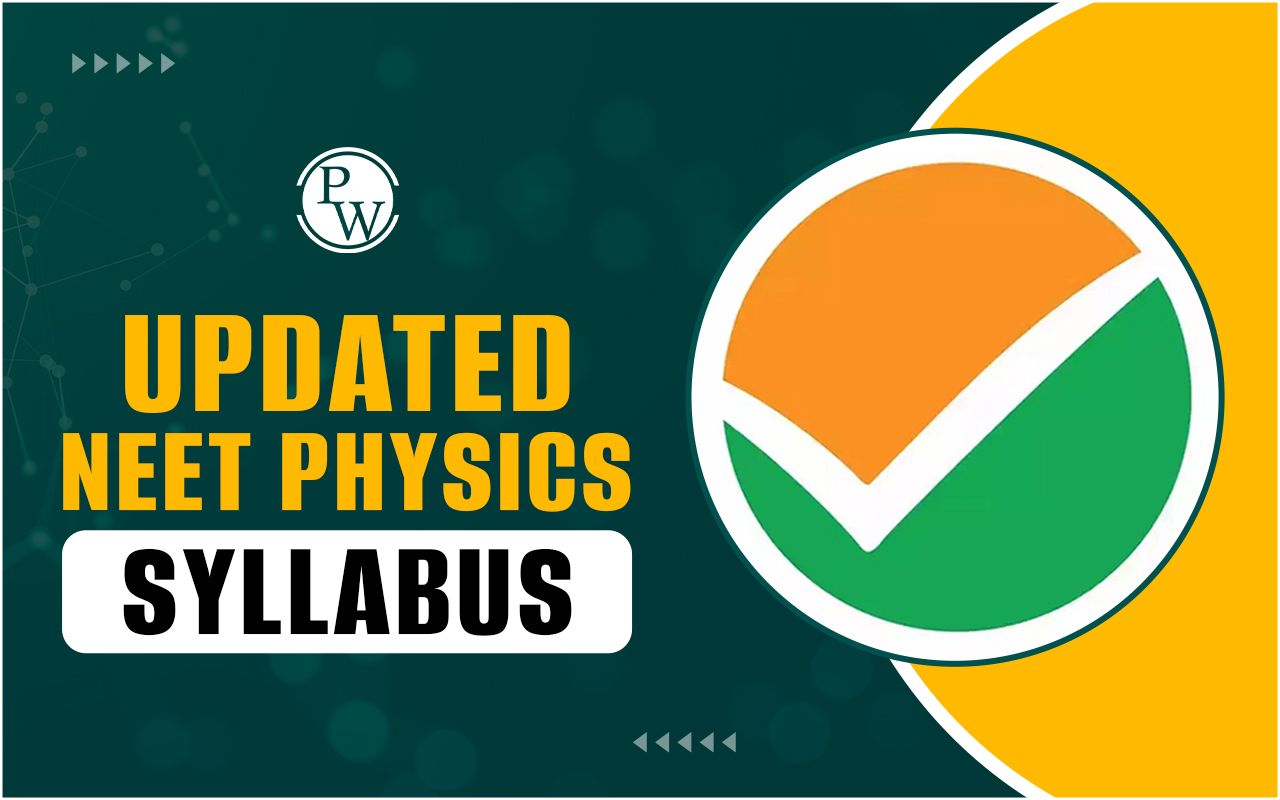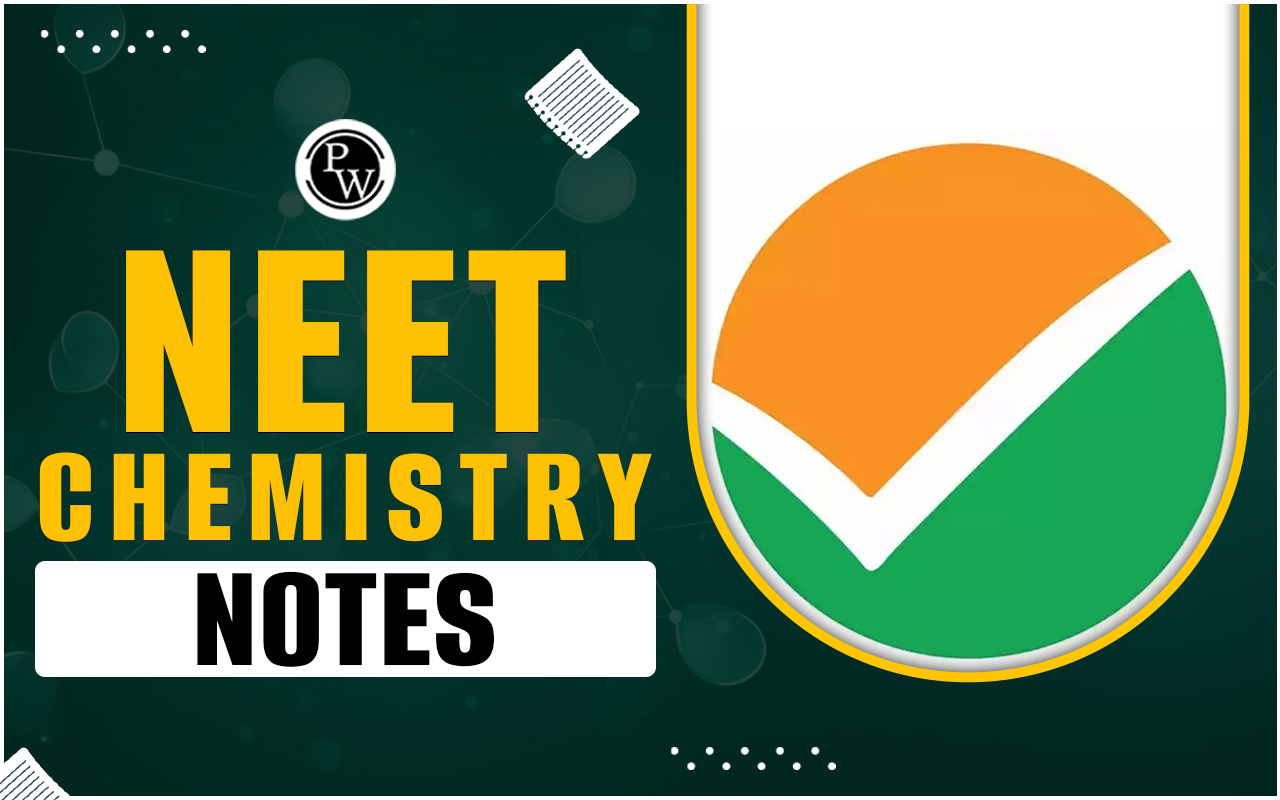
Haloalkanes and Haloarenes NEET Notes: Haloalkanes and haloarenes are important topics in organic chemistry for NEET exam. These compounds contain halogen atoms attached to alkanes and aromatic rings, respectively. This chapter is crucial for NEET because questions related to their properties, reactions, and uses frequently appear in the exam. A clear understanding of this topic will help students score well and strengthen their concepts in organic chemistry.
Haloalkanes and Haloarenes NEET Notes 2026 Overview
Haloalkanes and haloarenes are organic compounds where one or more hydrogen atoms in hydrocarbons are replaced by halogen atoms (fluorine, chlorine, bromine, or iodine). They are widely used in medicines, pesticides, and solvents. Understanding their structure, nomenclature, and chemical reactions is essential for solving NEET questions effectively.
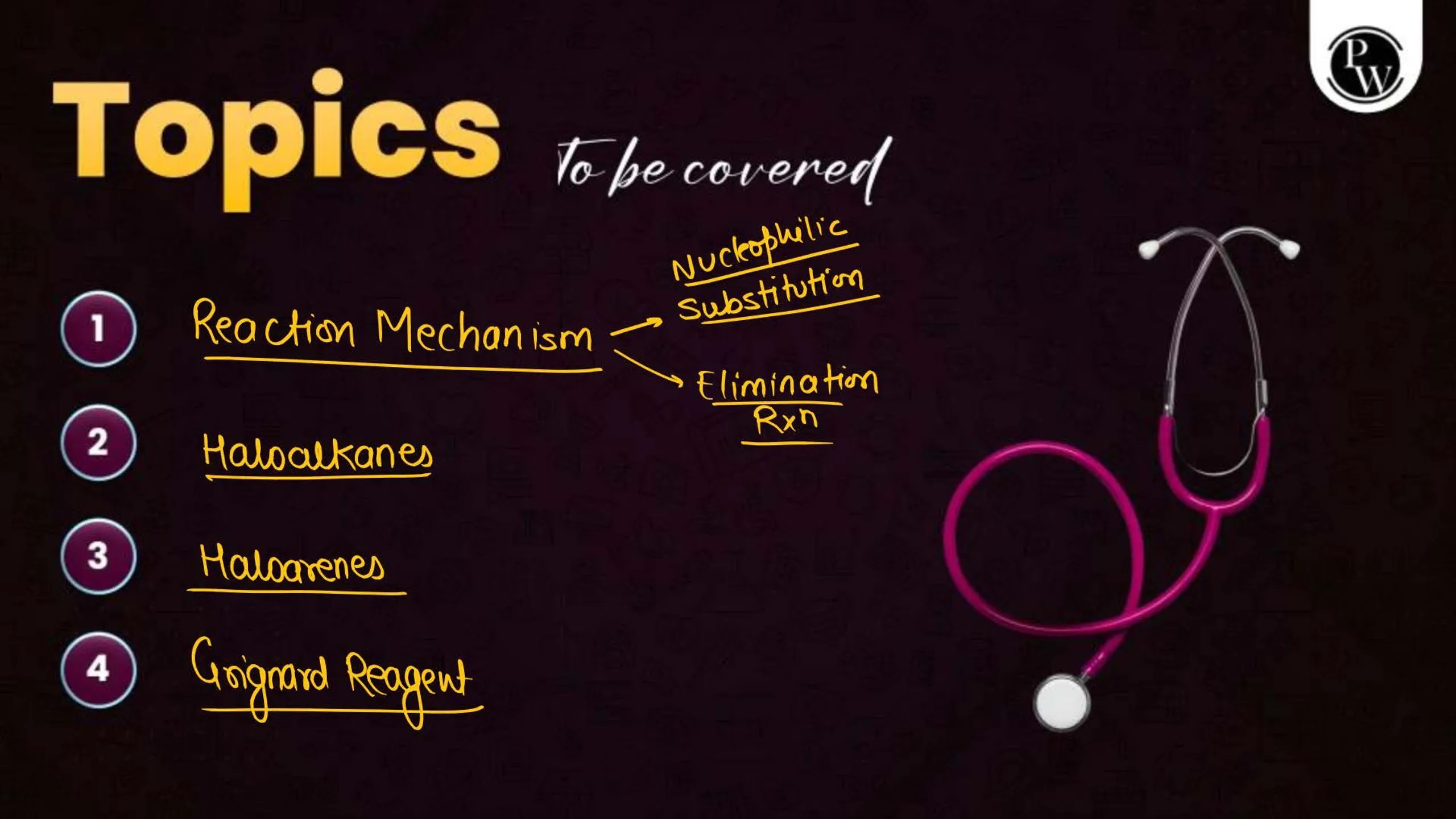
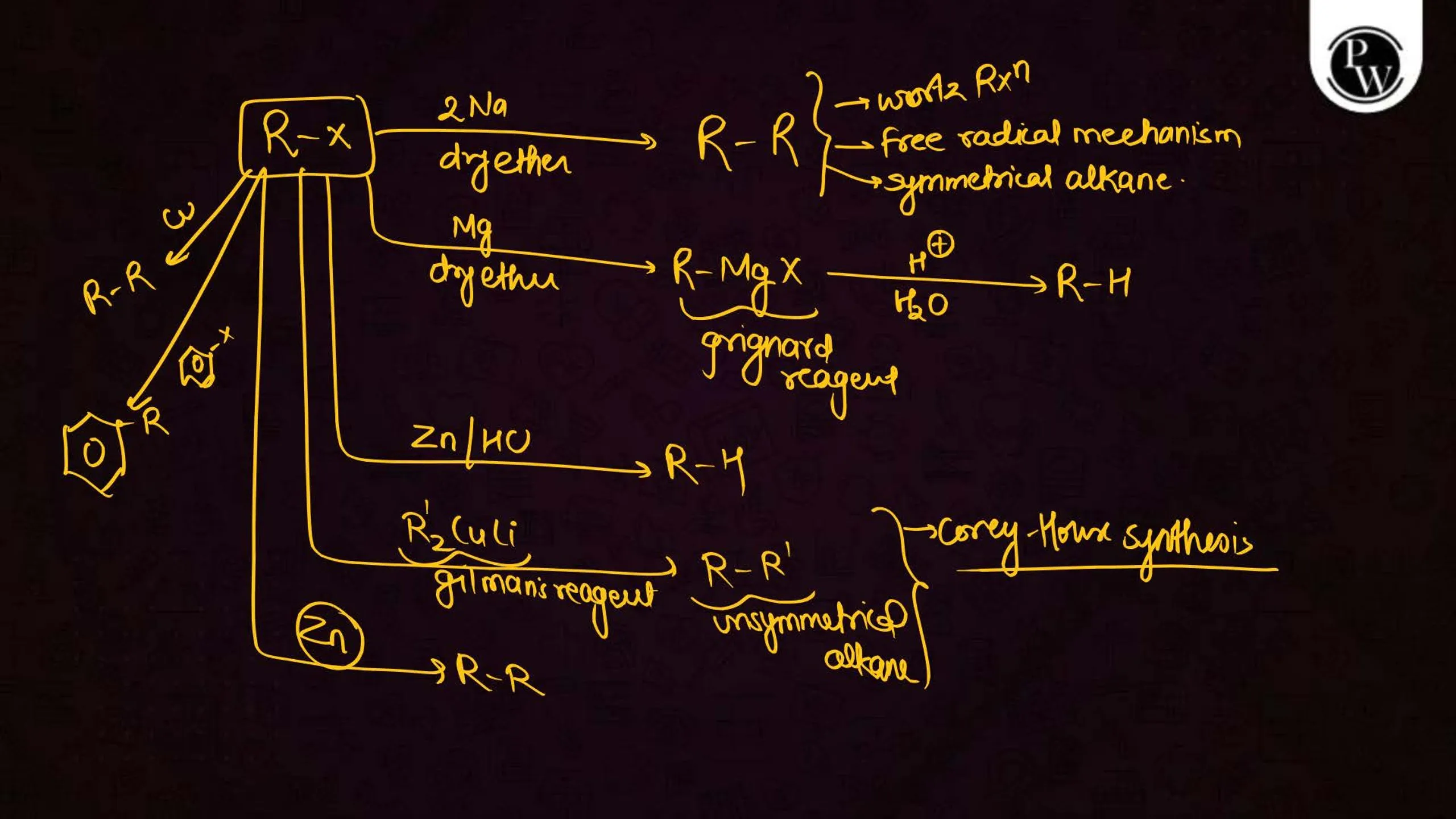
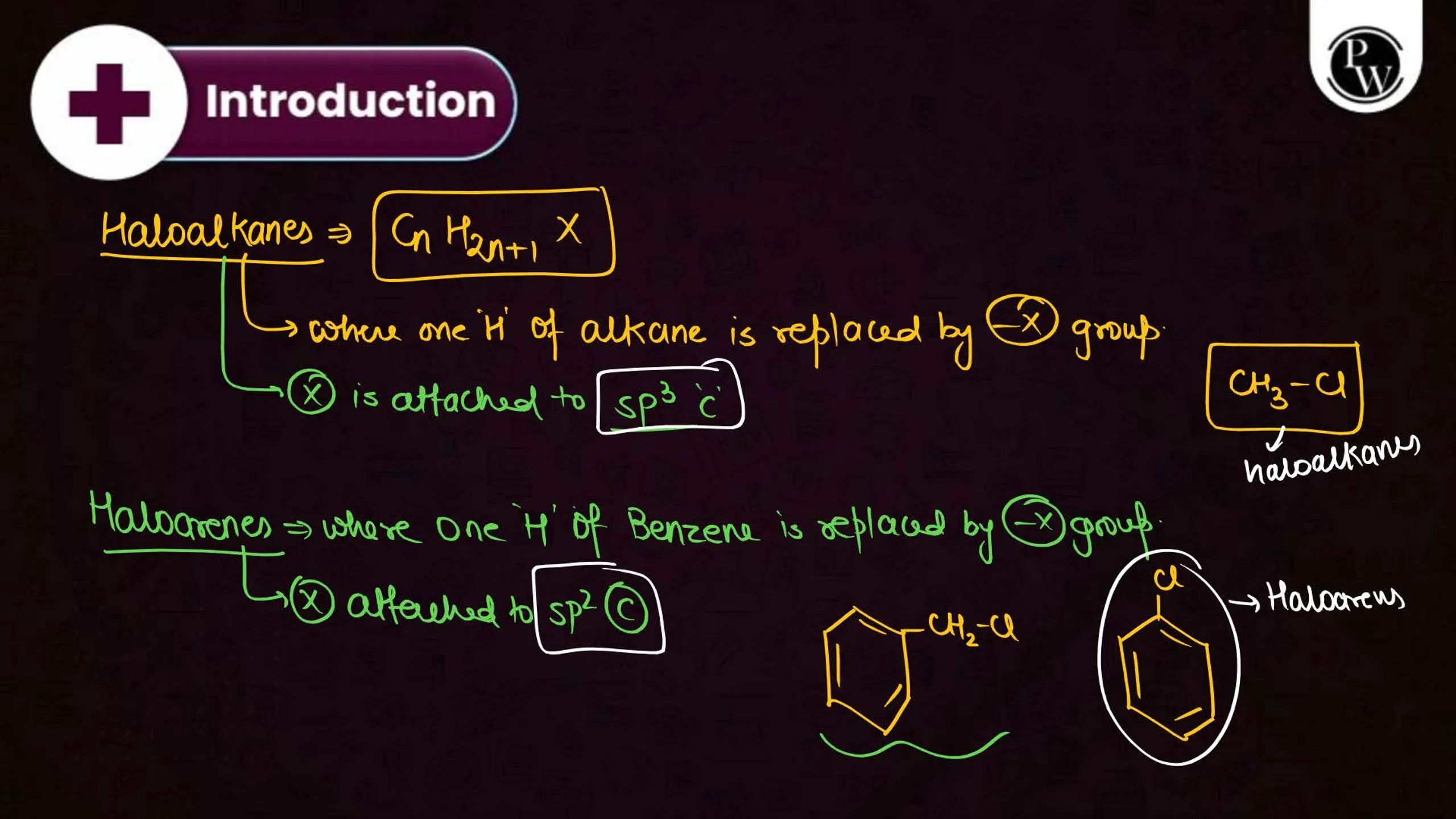
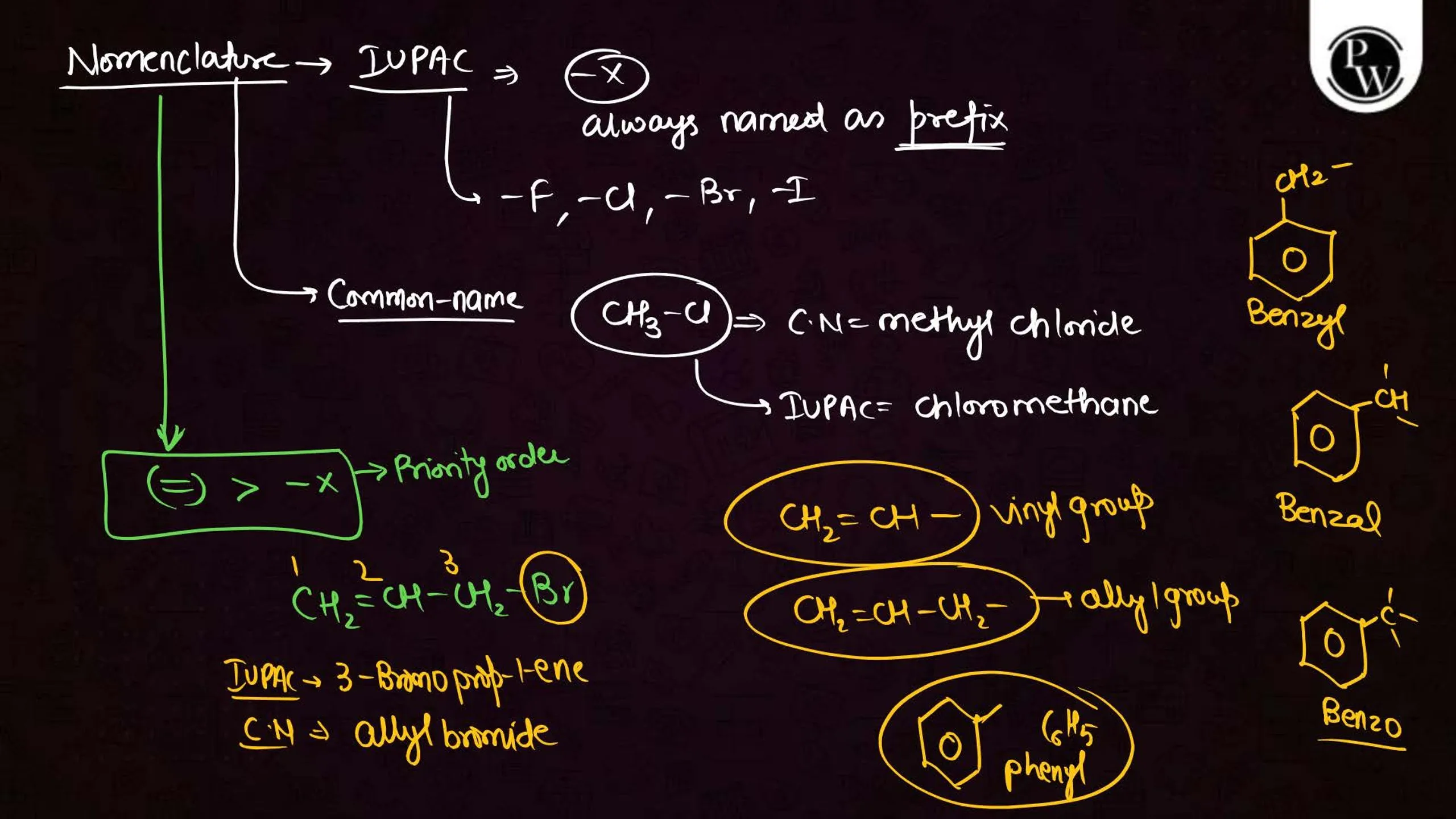
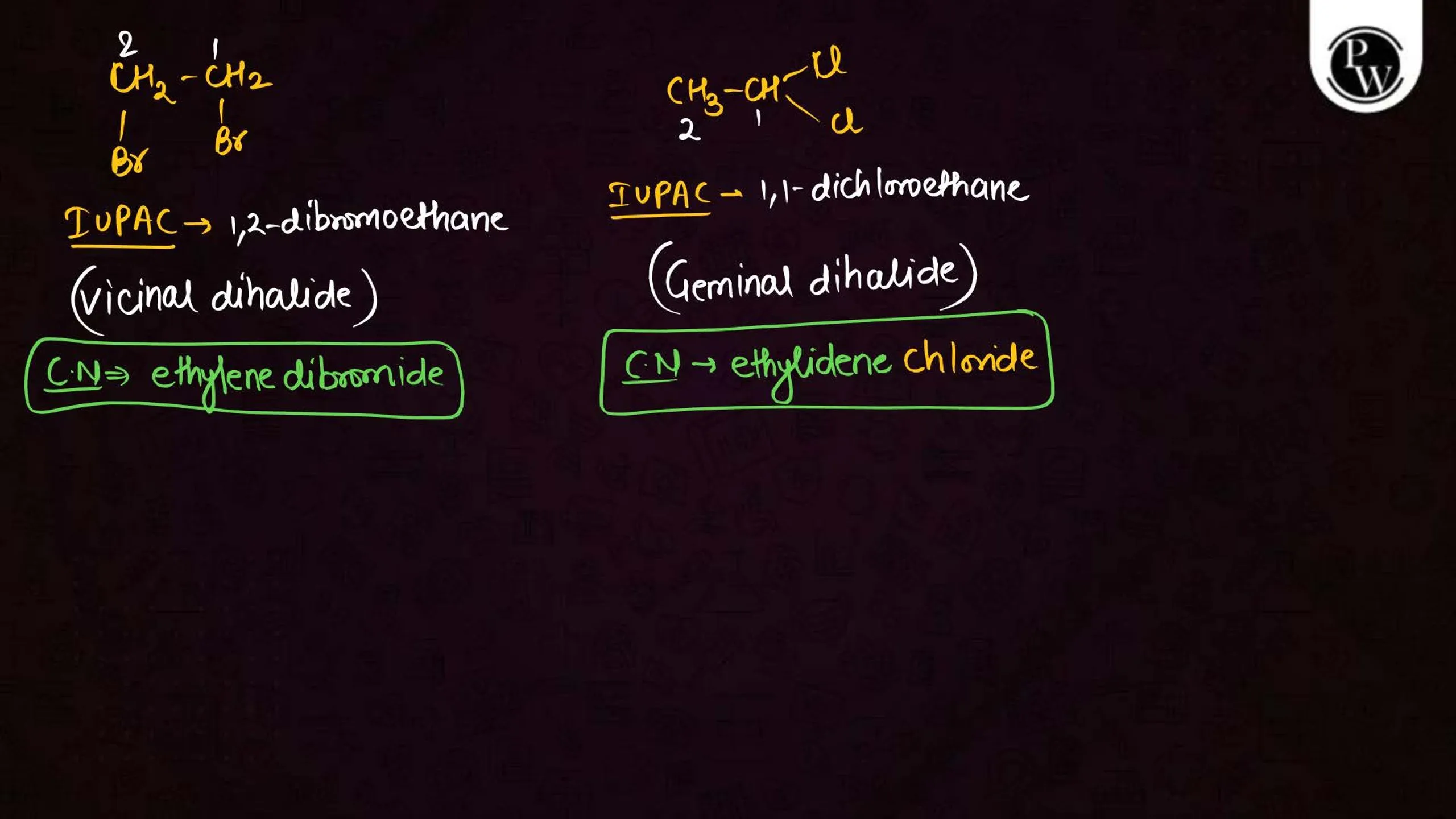
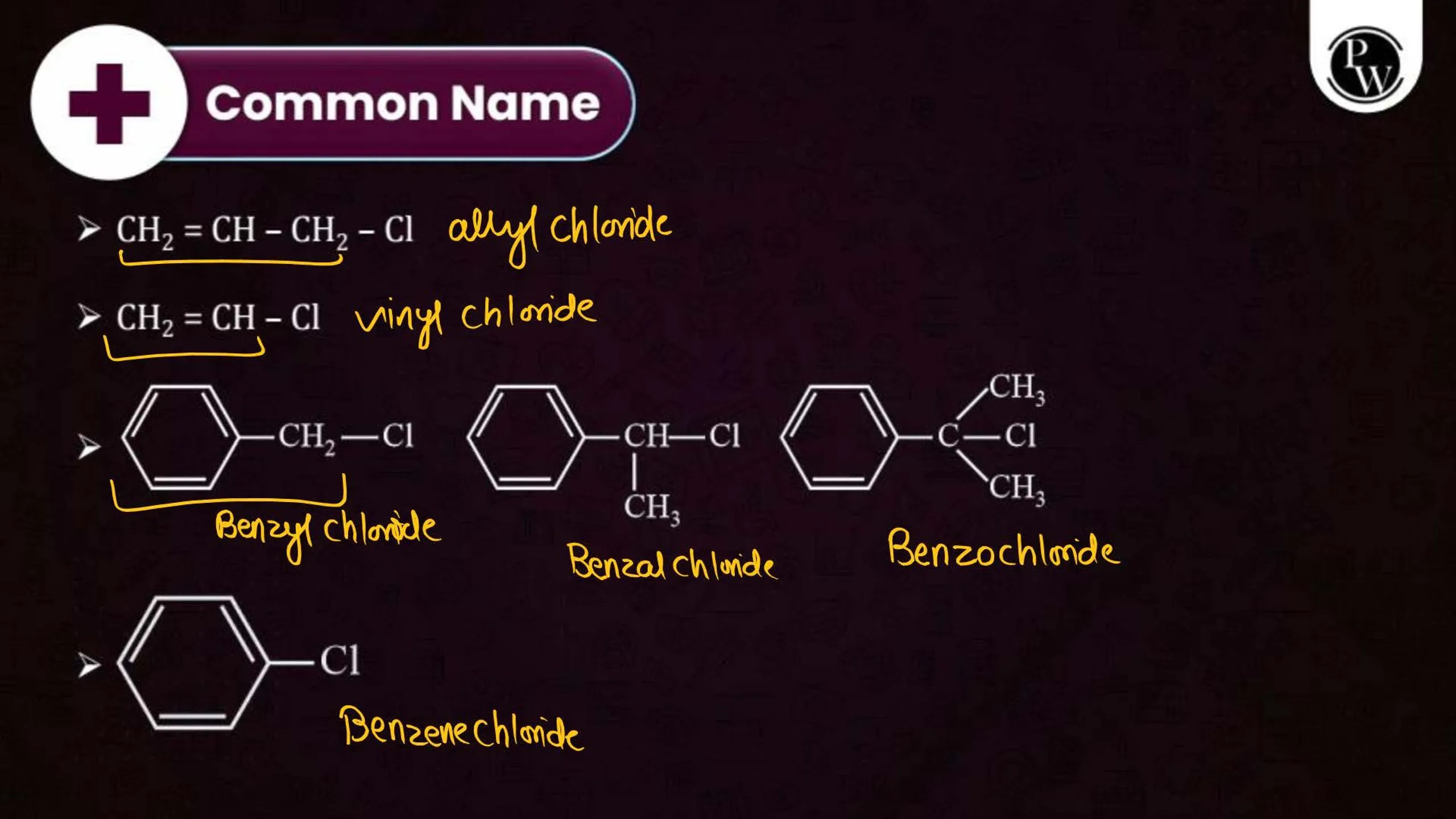
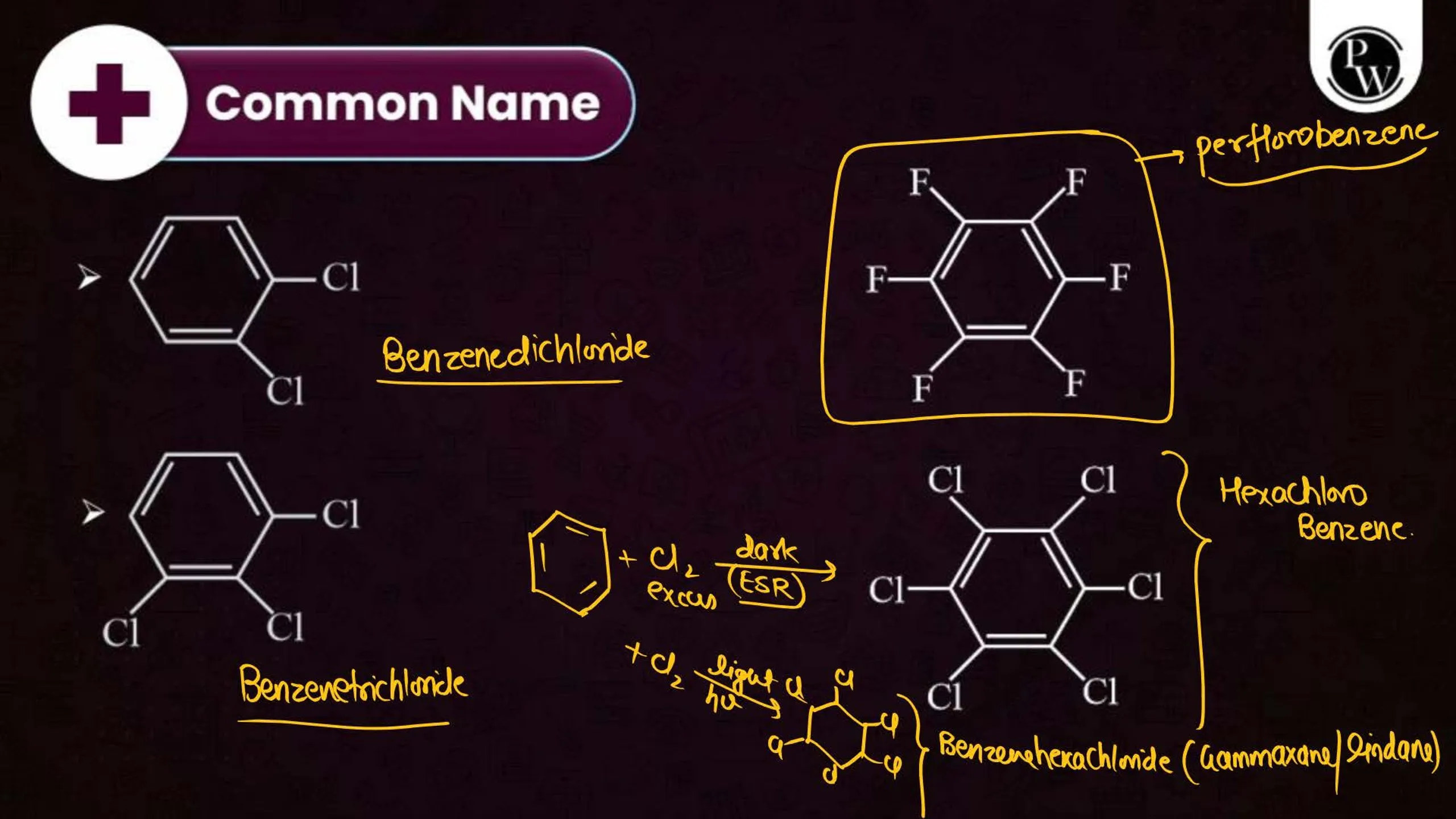
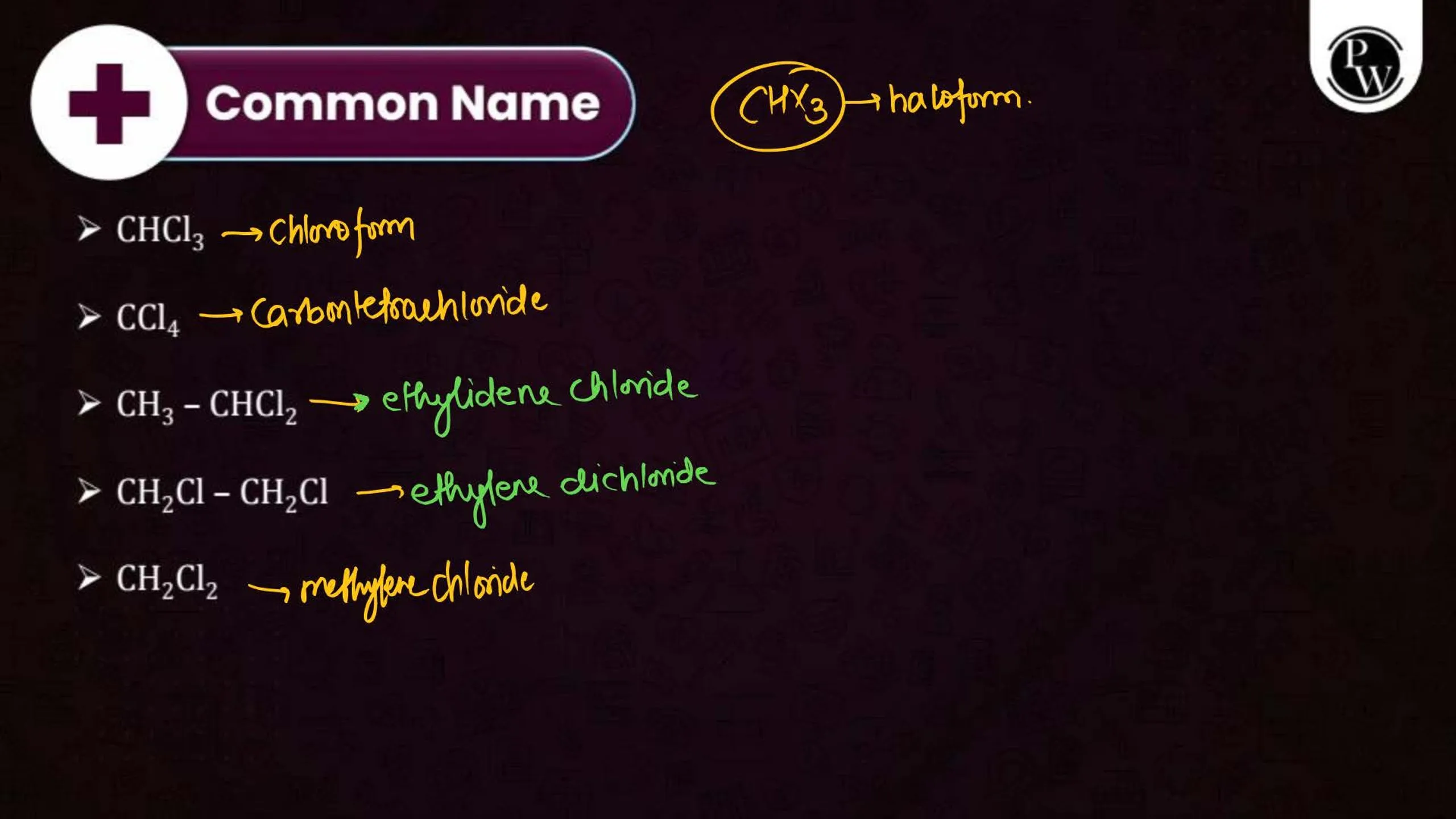
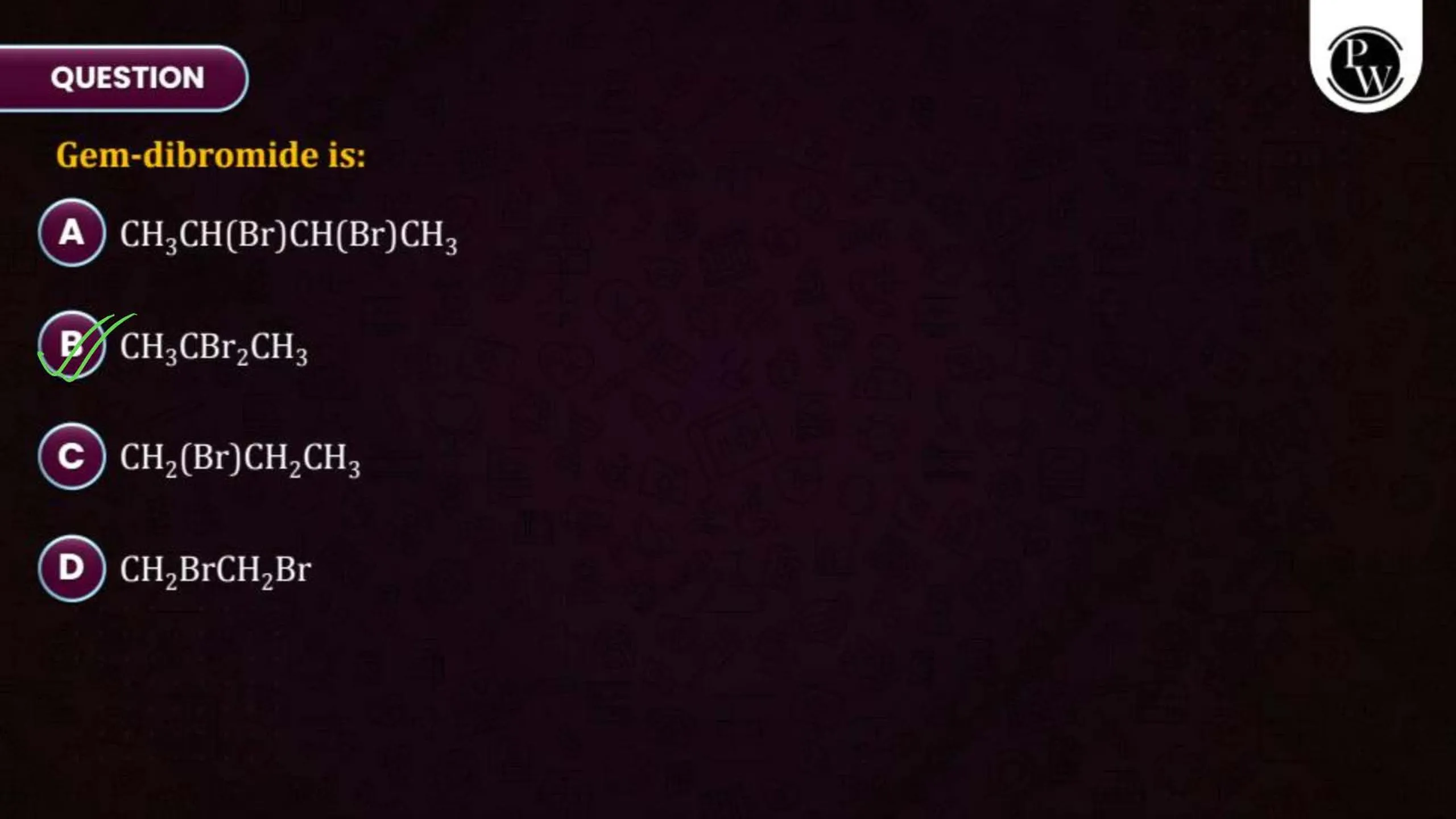
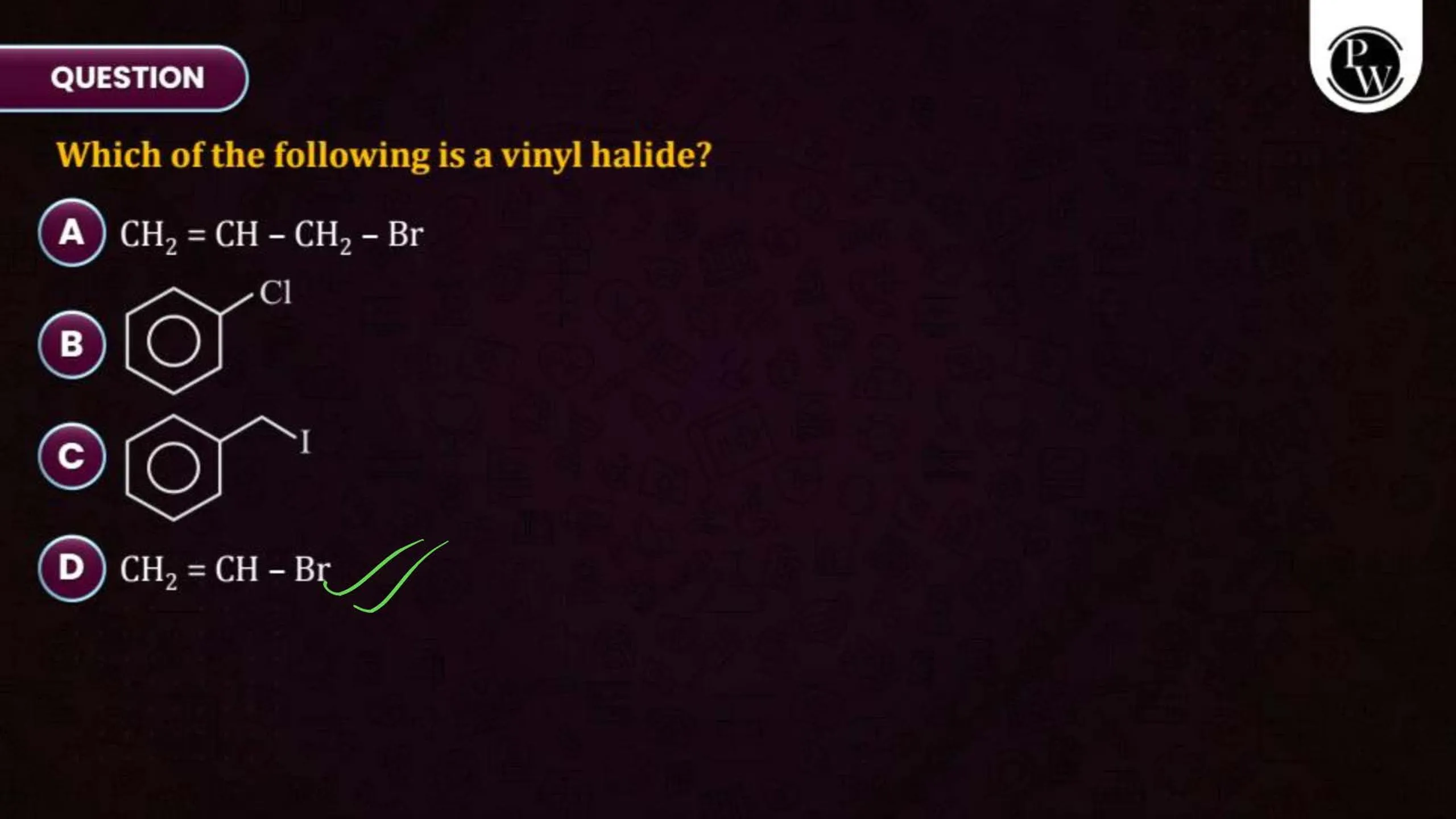
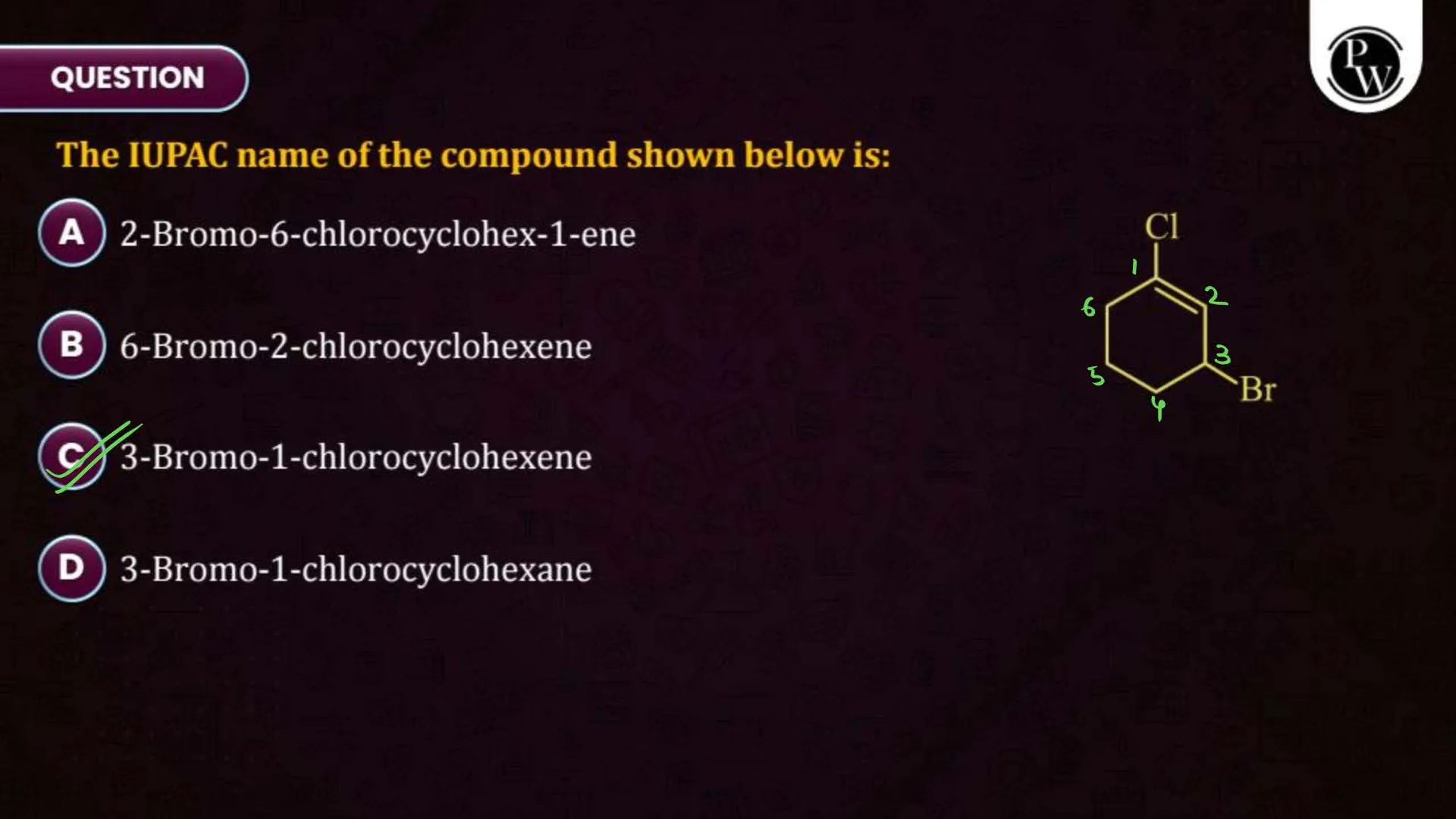
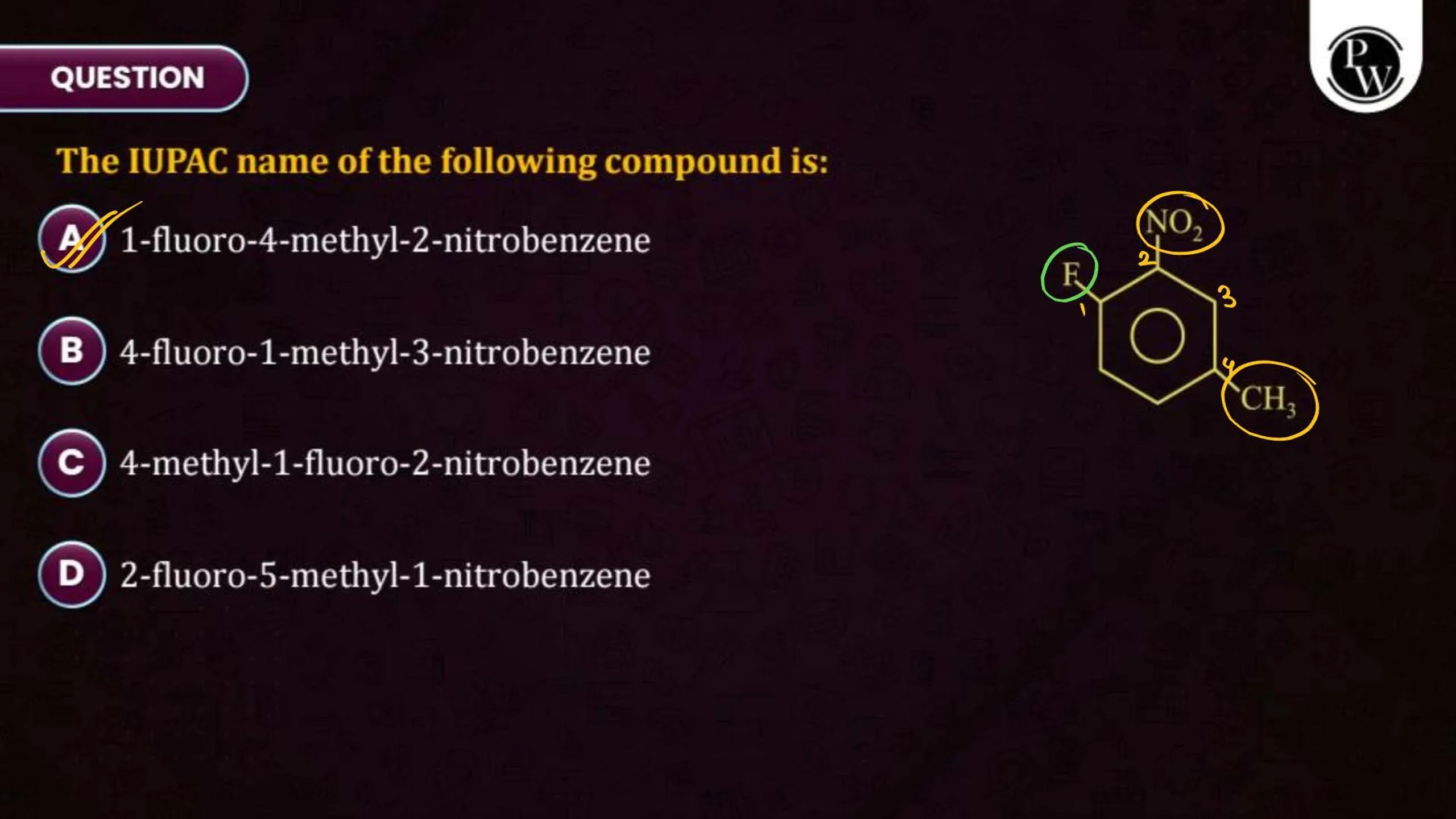
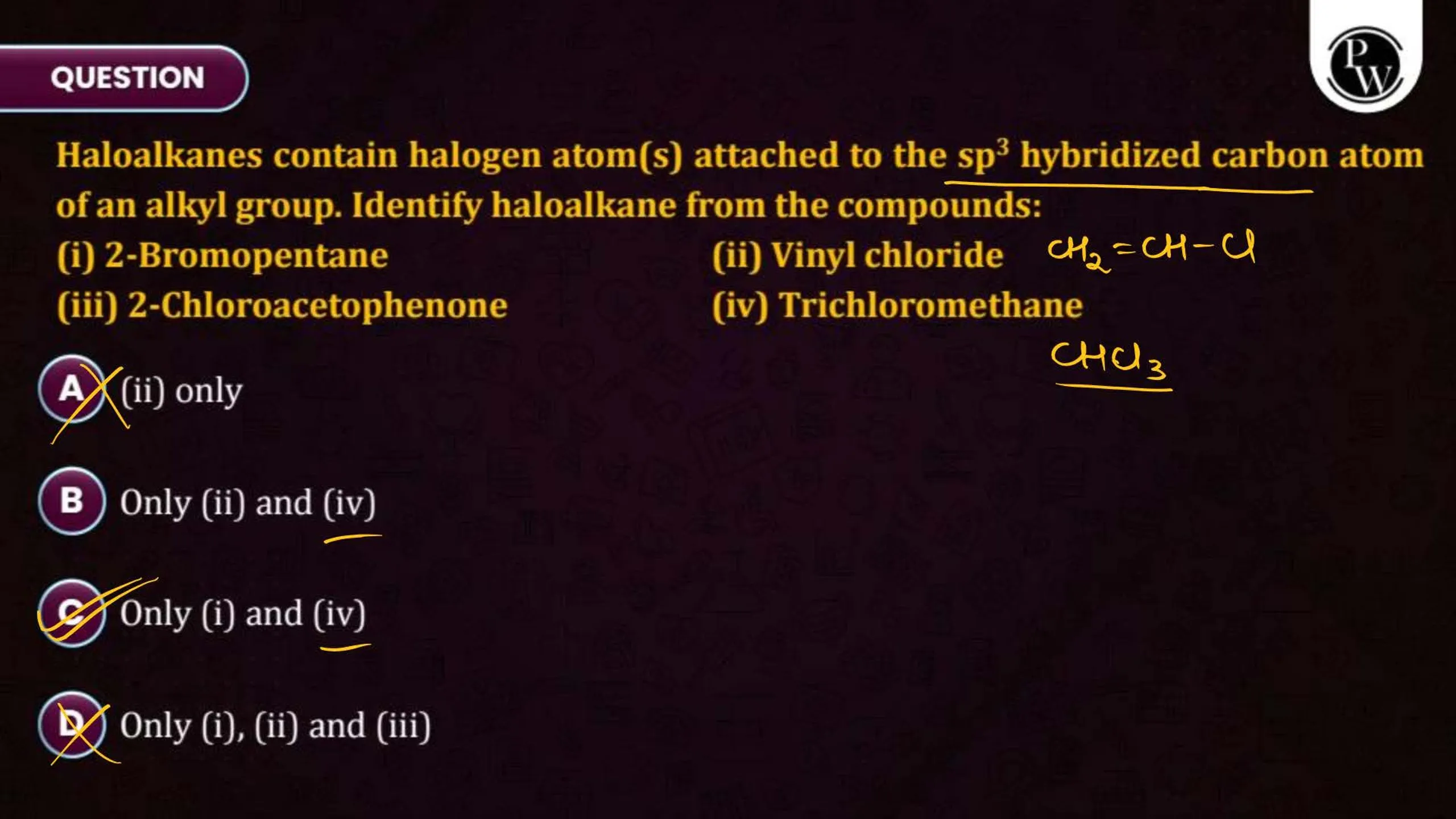
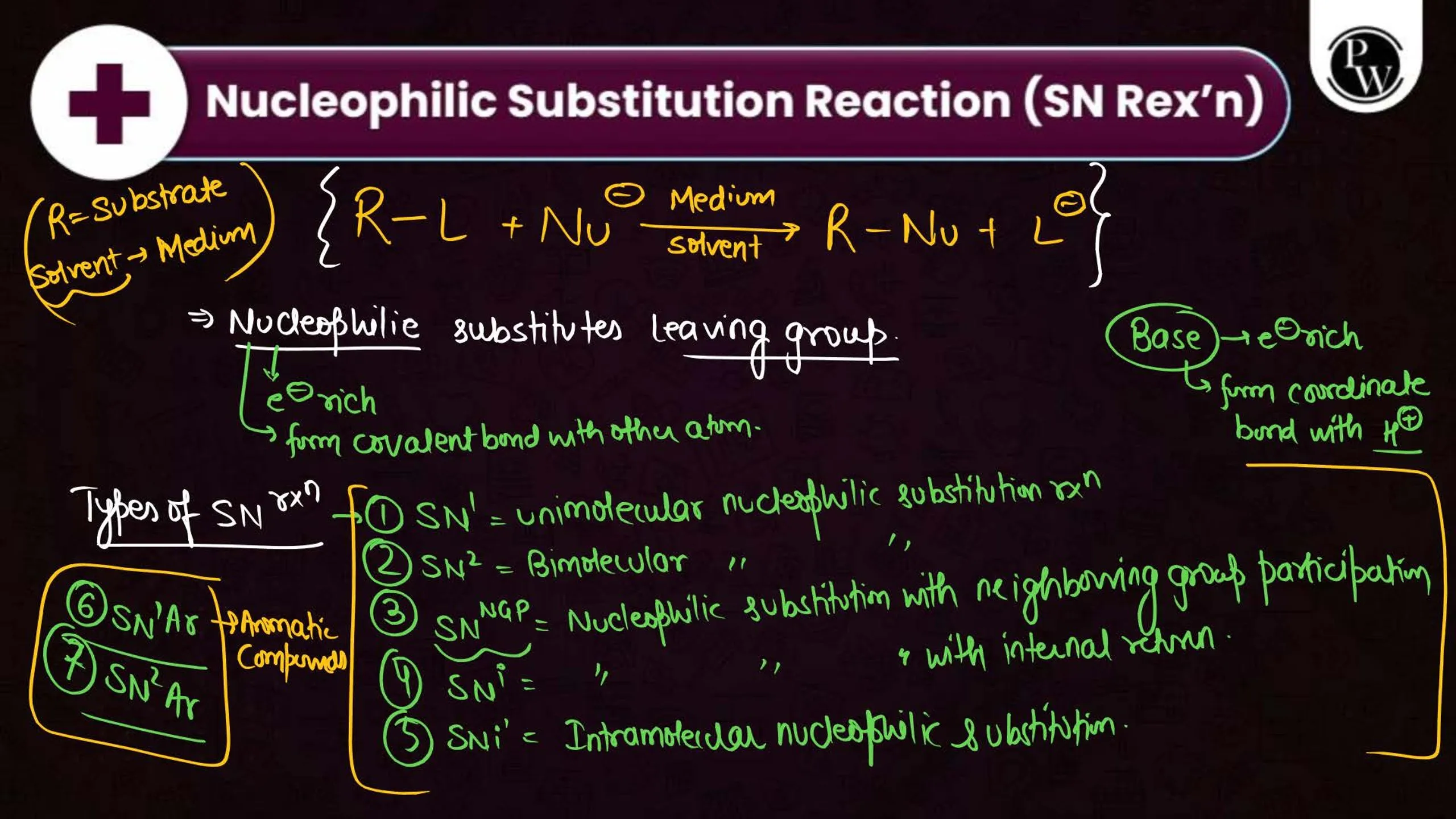
Haloalkanes and Haloarenes NEET Notes PDF
A detailed PDF covering the entire chapter of Haloalkanes and Haloarenes is available below. This PDF includes explanations of all concepts, solved examples, and reaction mechanisms. You can also watch the complete chapter for free on YouTube, where every concept is explained with diagrams. The lecture will also help in clearing doubts, and practice questions related to this topic will be solved to assist students in their preparation.
Download Haloalkanes and Haloarenes NEET Notes PDF for Free
Classroom PDF Notes
What are Haloalkanes and Haloarenes NEET Notes?
Haloalkanes (alkyl halides) are organic compounds in which a halogen atom replaces one or more hydrogen atoms in an alkane. Haloarenes (aryl halides) are aromatic compounds where a halogen atom is directly attached to the benzene ring. These compounds undergo various substitution and elimination reactions that are important for understanding organic chemistry.
Weightage of Haloalkanes and Haloarenes NEET Notes - Last 5 Years
The table below shows the weightage of Haloalkanes and Haloarenes chapter in the NEET exam from 2021 to 2025:
|
Weightage Following Previous Year’s Trends (2021-2025) |
||||||
|
Chapter |
Easy |
Medium |
Hard |
Total |
Average Q/yr |
Weightage |
|
Haloalkanes and Haloarenes |
5 |
3 |
0 |
8 |
1.60 |
3.04% |
|
NEET Chapter Wise Weightage 2026 for Chemistry |
|
|
Topics |
Weightage (%) |
|
Haloalkanes and Haloarenes |
4% |
Importance of Haloalkanes and Haloarenes NEET Notes
This chapter is important because it forms the base for understanding many organic reactions, especially nucleophilic substitution and elimination reactions.
-
Helps in understanding reaction mechanisms like SN1, SN2, and E1/E2.
-
Important for solving reaction-based questions in NEET.
-
Useful in understanding the role of halogen compounds in real life, such as medicines and pesticides.
Tips for Haloalkanes and Haloarenes NEET Notes
To score well in this chapter, students should focus on reaction mechanisms and practical applications.
-
Learn the IUPAC names and structures of important compounds.
-
Understand the differences between SN1 and SN2 reactions and their conditions.
-
Solve previous years’ questions to identify frequently asked concepts.
Prepare for NEET with PhysicsWallah's NEET online coaching. Learn through easy-to-understand lessons and get help whenever you need it.
Haloalkanes and Haloarenes NEET Notes FAQs
What are haloalkanes and haloarenes?
Can I study GOC without IUPAC?
What is an example of a haloalkane?
Can I skip haloalkanes and haloarenes?

